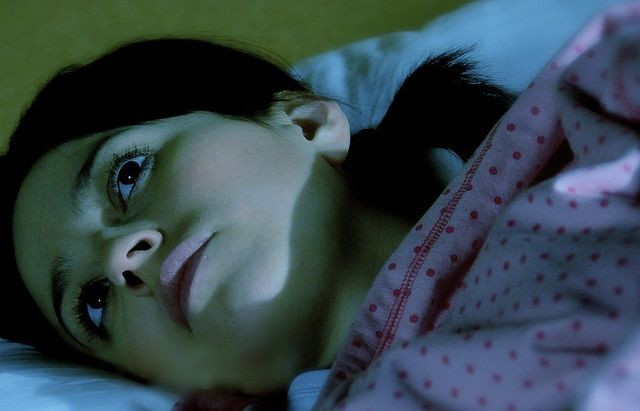Sleep Deprivation Kills Brains Cells, Shrinks Organ In Size: Rest Up And Stay Smart

Sleep is one of those bodily functions we tend to take for granted, like blinking or breathing. We do it habitually, and often without thinking, but the cost of actively denying ourselves those precious hours of shuteye can be enormous. Our brains and bodies feel depleted, and it’s no accident.
Recent research is slippery when it comes to the recommended number of hours you should be sleeping each night. For years, the number was eight. You were supposed to be spending a third of your life unconscious and dreaming. Then a band of bleary-eyed scientists decided eight was one hour too many, so the count got reduced to seven. If you miss one or two, you’ll feel groggy at worst. But what if you miss all seven? What state does that leave your brain in?
Not a great one, unfortunately. The best evidence suggests sleep serves a couple key roles, namely in memory consolidation and muscle repair. When you sleep, your brain flushes away all the unused and miscellaneous information strewn inside the tissues, and it keeps the good stuff. There’s no need to remember each email you deleted that day or what the license plate number was of the car ahead of you in traffic, so your brain lets that info go. A day’s demands also leave your body tired, which sleep helps offset by replenishing hormones and repairing muscles.
Missing sleep robs the body of these functions. Sleep-deprived brains are, on average, smaller in volume and less populous in brain cells. A pair of recent studies upholds the idea that well-rested brains are the healthiest brains.
Why Do We Need Sleep?
In March, University of Pennsylvania researchers discovered the neurons living inside the brain region known as the locus coeruleus (LC) steadily began to die. LC neurons play vital roles in energy production for the entire body, explaining why you feel lethargic after going long hours without sleep. Under normal conditions, you draw your sense of reason from the brain’s prefrontal cortex. But when that region shut downs after many waking hours, the locus coeruleus takes over. And its primary function involves stress and panic, hence your compulsion to freak out.
The brain experiences damage overall, too. Earlier this month, University of Oxford scientists found in a study that people suffering from sleep deprivation more often had cortical shrinkage than people who got the appropriate number of hours. People over 60, in fact, showed the greatest differences among sleeping versus non-sleeping participants, suggesting sleep plays an even greater role as the brain ages.
At best, these studies offer a glimpse into what sleep deprivation looks like. Often, subjects do not stay awake longer than 24 hours. As the body stays in a waking state for two, three, five, and the world record, 11 days and 24 minutes, the brain hurdles toward minimal function with maximum consequence. After 24 hours, blood pressure and cortisol levels rise. Within a week, you’ll lose all cognitive function, hallucinate, and lose your memory.
“In the head of the interrogated prisoner a haze begins to form,” writes former Israeli Prime Minister Menachem Begin in his memoir White Nights, about the horrors of sleep deprivation as torture in a KGB prison. “His spirit is wearied to death, his legs are unsteady, and he has one sole desire: to sleep. … Anyone who has experienced this desire knows that not even hunger and thirst are comparable with it.”
Sleep doesn’t just help you feel more alert on your way to work in the morning. Silently, without asking for thanks, it compels you to help yourself stay alive, controling every bodily function you possess. If it loses its ability to execute those functions, the inevitable happens. So for your own sake, carve out seven hours. You can spare them.
Published by Medicaldaily.com



























